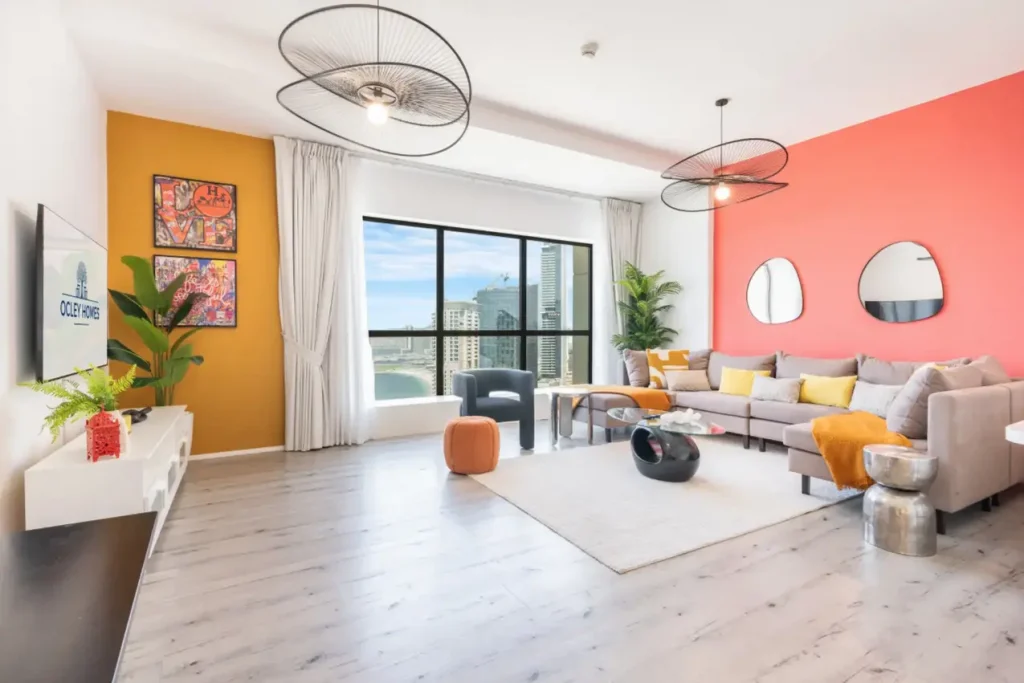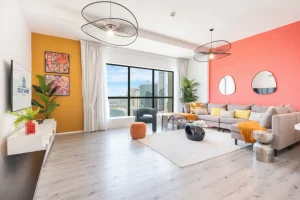Why Apartment Property Management Is Different From Housing Rentals

Renting out property seems straightforward: you own a space, someone pays to live in it. But the day-to-day reality of managing a single-family home is a world apart from running a large apartment community. One is like caring for a single plant; the other is like managing an entire garden. The scale, complexity, and mandatory skills create two distinct roles.
The scale of operations:
Managing one house means dealing with one tenant, one yard, and one set of appliances. An apartment property manager oversees hundreds of tenants and units. This is especially true in the world of apartment property management Dubai, where high-volume, high-rise living is the standard. This volume means systems for rent collection, maintenance requests, and communication must be automated and efficient. A single leaky faucet is a quick fix; twenty reported on the same day entail a coordinated, systematic response.
On-site presence and staff:
A housing landlord might drive by occasionally. Apartment communities involve a dedicated, often on-site, team. This includes leasing agents, maintenance crews, and a property manager operating from a central office. This team is responsible for the entire community’s daily function, something a single rental owner rarely wants to consider.
Community living dynamics:
A rental house exists in isolation. Apartment tenants share walls, amenities, and common spaces. This creates a unique layer of management focused on community harmony. Managers must enforce rules, mediate disputes between neighbors, and nurture a positive living environment for everyone, a task absent from managing a standalone home.
Maintenance and emergency response:
A landlord calls a plumber when a tenant reports an issue. An apartment property has a different standard. Many employ in-house maintenance staff to handle work orders instantly. They also want 24/7 emergency protocols for issues like building-wide power outages or plumbing failures that affect multiple units simultaneously.
Marketing and tenant turnover:
Filling a vacant house involves a yard sign and a few online ads. Apartment communities experience constant tenant turnover. This demands a full-time marketing strategy, including professional photography, dedicated leasing offices, and tours to keep occupancy rates high. It is a continuous process, not a periodic task.
Financial and legal complexity:
The finances of a single rental are simple. Apartment management involves complex operating budgets, payroll for staff, and vendor contracts for services like landscaping and trash collection. Legally, they must stay current with a dense web of federal, state, and local housing regulations that apply to multi-unit dwellings.



